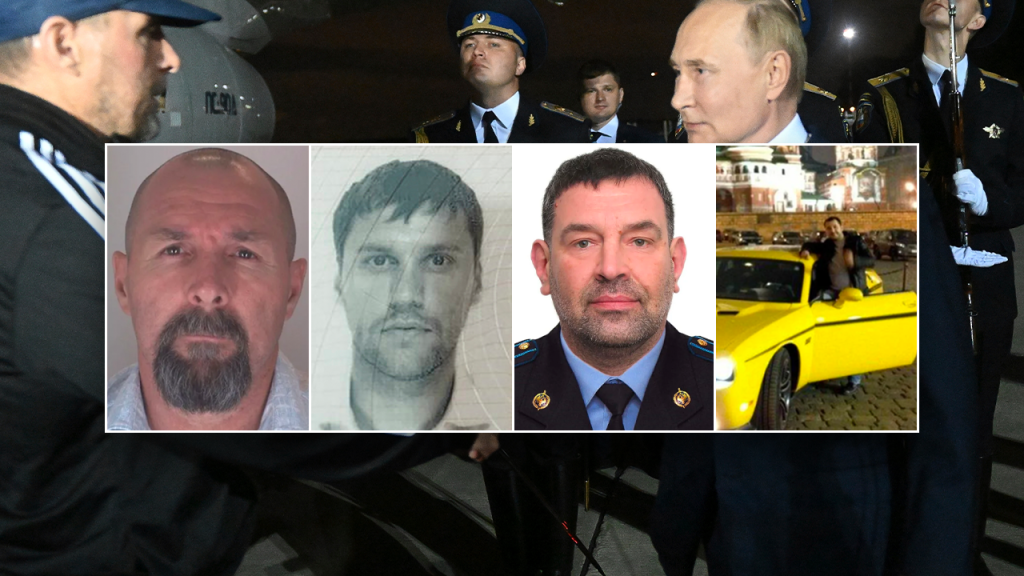Russia participated in a historic prisoner swap involving seven different nations, including the United States and Germany. A total of 24 detainees were released in this complex deal, with eight criminals being allowed to return to Russia. Vadim Krasikov, a hitman convicted for the 2019 assassination of a former Chechen commander, was one of the top picks on Russian President Vladimir Putin’s wish list. Another criminal released was Roman Seleznev, who was sentenced to 27 years in prison for hacking into U.S. businesses and stealing credit card numbers.
Vadim Konoshchenok, a Russian citizen with alleged ties to Russia’s Federal Security Service (FSB), was also part of the prisoner swap. He was accused of providing U.S.-made electronics and ammunition to the Russian military, violating export controls and economic sanctions. Vladislav Klyushin, a Russian businessman, was involved in an elaborate hack-to-trade scheme that netted approximately $93 million through securities trades based on confidential corporate information stolen from U.S. computer networks. Pavel Rubtsov, identified as a Russian spy by Poland’s Internal Security Agency, was arrested on espionage charges in eastern Poland.
Artem Dultzev and Anna Dultseva, a Russian couple arrested on espionage charges in Slovenia, posed as Argentine citizens and relayed Moscow’s orders to other Russian sleeper agents. They were sentenced to 19 months in prison but were released on time served. Mikhail Mikushin, arrested in Norway on espionage charges, was living under a fake identity while working for Russia’s intelligence service. The prisoner swap also involved the release of three American citizens and one American green-card holder who were unjustly imprisoned in Russia, including Paul Whelan, Evan Gershkovich, Alsu Kurmasheva, and Vladimir Kara-Murza.
President Joe Biden hailed the prisoner swap deal as a “feat of diplomacy,” noting the release of 16 people from Russia, including political prisoners from various countries. He personally called world leaders to thank them for their support during the negotiations. However, House Foreign Affairs Committee Chairman Michael McCaul raised concerns about the message the Biden administration’s decision to trade Russian criminals for detained Americans might send to Russian President Vladimir Putin. The top Republican warned that such actions could encourage further hostage taking by the Russian regime.
The released prisoners were expected to be greeted by President Biden at Joint Base Andrews. The swap involved a high level of diplomatic negotiations and coordination between multiple countries, marking a significant achievement in securing the release of unjustly detained individuals. While the prisoner swap was celebrated for bringing home Americans and others detained in Russia, concerns were raised about the potential implications of trading Russian criminals for innocent individuals. The complex nature of the deal highlighted the challenges and risks involved in international diplomacy and prisoner exchanges.


